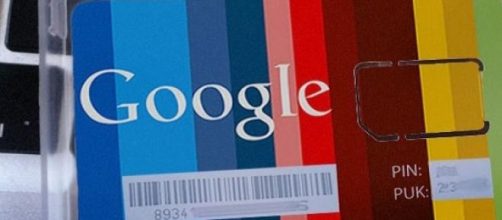Google has, in recent years, entered the business of selling wireless services to private clients. In recent months we've seen rumors emerge, about talks between Google and some mobile carriers to become a virtual mobile operator. The confirmation arrives from the tech blog 'The Information', saying that the company has reached an agreement with the north american carrier Sprint, to use its physical network.
It's the same type of system used, in the UK, by O2 and Three, in which the new network bases its service on an existing operator, being called MVNO (Mobile Virtual Network Operators). This means that Google, in addition to having advantageous conditions network access (without having to build its physical infrastructure) also has more freedom to set their tariffs, since their operational costs are fixed and known from the beginning.
Masayoshi Son, president of SoftBank Corp. who bought Sprint in 2013, was crucial in the talks between Sprint and Google, said one of those involved, who asked not to be identified because the discussions were private. Google will pay for capacity on the Sprint network, that is, it buys a certain package of services in bulk and then sells the service to their own customers. The financial conditions are similar to other virtual mobile operators, and Google could start selling their service later this year.
Offering a wireless service forces Google to manage the physical sale of hardware to consumers and compete with carriers that sell and promote Google's Android smartphones.
However, this will not be the first time this has happened. Google already competes with the service providers - the Mountain View, California company has already introduced a broadband service in some US cities, and wants to expand further. Google also operates Wi-Fi hotspots in some regions.
The wireless service sales may allow the web giant to win more users for its mobile devices, to whom it could sell and display his ads, which are the backbone of the company.
Google's mobile advertising business has been growing rapidly, although prices of these ads are smaller than those for PCs, so Google needs a fast growth strategy in this area, to compensate the lower prices of these ads.
© ALL RIGHTS RESERVED

